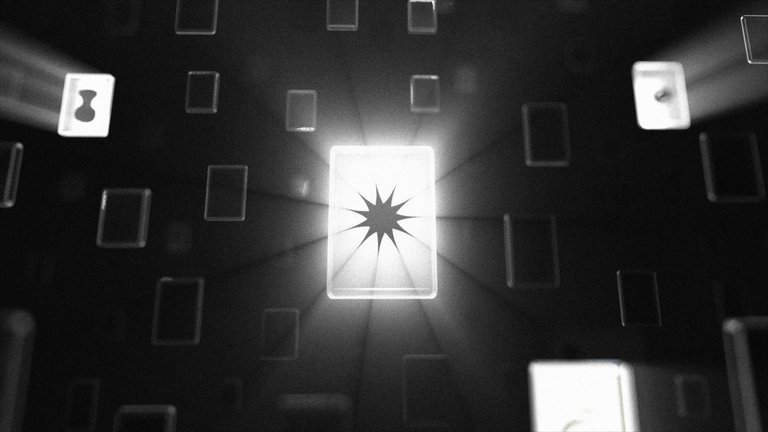Asana introduces "AI Teammates" for Human-Artificial Intelligence collaboration in the work environment

Google DeepMind | Unsplash
I have always thought that the training of AI will enhance all kinds of work, such as using artificial intelligence to improve productivity. This is something that could be seen from a personal standpoint, but what if AI were used as a great companion at work with whom you must interact?
That is something that Asana is attempting to implement from now on through "AI teammates". The company has recently unveiled its beta version in the hopes that it will help improve productivity within the organization. In this regard, Paige Costello argues that in the future, companies will work collaboratively between humans and generative AI. Perhaps today we think that there is much room for improvement, and that it might even be considered that they have not yet evolved enough to be placed in a joint work position, but that will change in the future.
Obviously, it does not appear to be simple. Let's imagine that the inclusion of AI not only in the workplace but also as part of the team constitutes a redesign of the entire organization since it must function systematically to be efficient. Costello expresses that a structure must be created around AI so that companies can have the personalization of these assistants and thus develop activity in key points of the workflow.
With this integration of generative AI, it is expected that the workflow will gain flexibility, as previously the system was quite robust unlike what it is and will be today, achieving an improvement in optimization and coordination within teams.
We can think of a work process where a ticket is received, but it lacks information, then AI, who is also a teammate at work, decides that it should return that ticket asking for additional or missing information to then refer it to the right person who will take care of resolving those details before moving on to the next step. In this way, generative AI could have significant participation and importance in its implementation alongside humans.

Google DeepMind | Unsplash
Perhaps the biggest challenge is the hallucination of AI. It is something that is yet to be resolved but it will take time to improve the way an AI understands information, context, and other details that enable requests to be understood as by a human. I don't think it makes much sense to highlight that the reasoning of both is very different, and I would venture to say impossible to replicate. However, in the future, the aim will be to simulate the human brain and we are seeing significant progress in this regard.
For this reason, AI will receive specific tasks with just the right and necessary information to reduce these issues where AI does not understand the context. In addition, Asana has access to a work graph that models the connection between individuals and departments in a workspace; something that AI needs to be able to interpret its environment. Obviously, human staff will ensure that artificial intelligence can perform its operations with the least possible error.
Humans will still play an important role in the job circuit. They must be able to supervise AI in decision-making and ensure that these decisions align with the company's values. Possibly, identifying the areas where AI can work best may be essential, and everything indicates that the administrative area is one of them. The other could be information retrieval about systems in work contexts.
It is most likely that this beta version will be inefficient at first, but with proper training and daily implementation, the company could start thinking about scaling this solution, making it much more accurate and of interest to competitors or friendly companies. However, data will be crucial for these models to improve their accuracy and, consequently, their organizational performance.

- Main image edited in Canva.
- I have consulted information in techcrunch.com.
- I have used Hive Translator to translate from Spanish to English.
Posted Using InLeo Alpha
Context is always the challenge behind. For how long? I think soon we will see a work around about that, then it would be scary! hehe no need of humans behind it!
That's a fact!
Artificial intelligence will gradually become much more “human”. In fact, the CEO of NVIDIA recently talked about the fact that we are on the way to it and we will have to live in a world where we cannot differentiate between humans and machines.